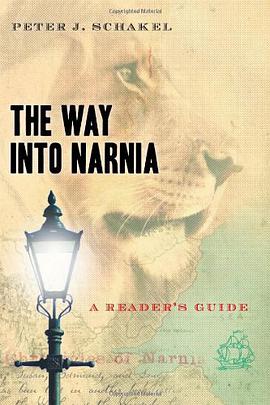

具体描述
In the mid-nineteenth century, some of Cuba's most influential writers settled in U.S. cities and published a variety of newspapers, pamphlets, and books. Collaborating with military movements known as filibusters, this generation of exiled writers created a body of literature demanding Cuban independence from Spain and alliance with or annexation to the United States. Drawing from rare materials in the United States and Havana, Rodrigo Lazo offers new readings of work by writers such as Cirilo Villaverde, Juan Clemente Zenea, Pedro Santacilia, and Miguel T. TolA3n. Lazo argues that to understand these writers and their publications, we must move beyond nation-based models of literary study and consider their connections to both Cuba and the United States. Anchored by the publication of Spanish- and English-language newspapers in the United States, the transnational culture of writers Lazo calls "los filibusteros" went hand in hand with a long-standing economic flow between the countries and was spurred on by the writers' belief in the American promise of freedom and the hemispheric ambitions of the expansionist U.S. government. Analyzing how U.S. politicians, journalists, and novelists debated the future of Cuba, Lazo argues that the war of words carried out in Cuban-U.S. print culture played a significant role in developing nineteenth-century conceptions of territory, colonialism, and citizenship.
作者简介
目录信息
读后感
评分
评分
评分
评分
用户评价
相关图书
本站所有内容均为互联网搜索引擎提供的公开搜索信息,本站不存储任何数据与内容,任何内容与数据均与本站无关,如有需要请联系相关搜索引擎包括但不限于百度,google,bing,sogou 等
© 2026 book.wenda123.org All Rights Reserved. 图书目录大全 版权所有




















